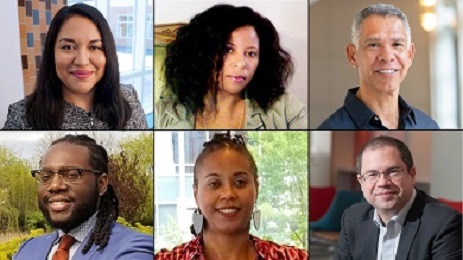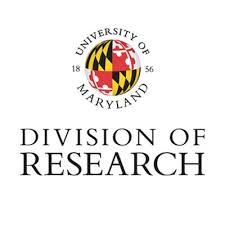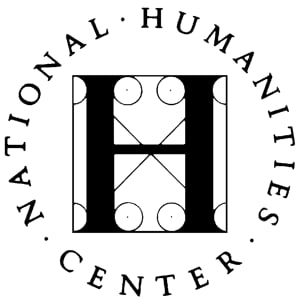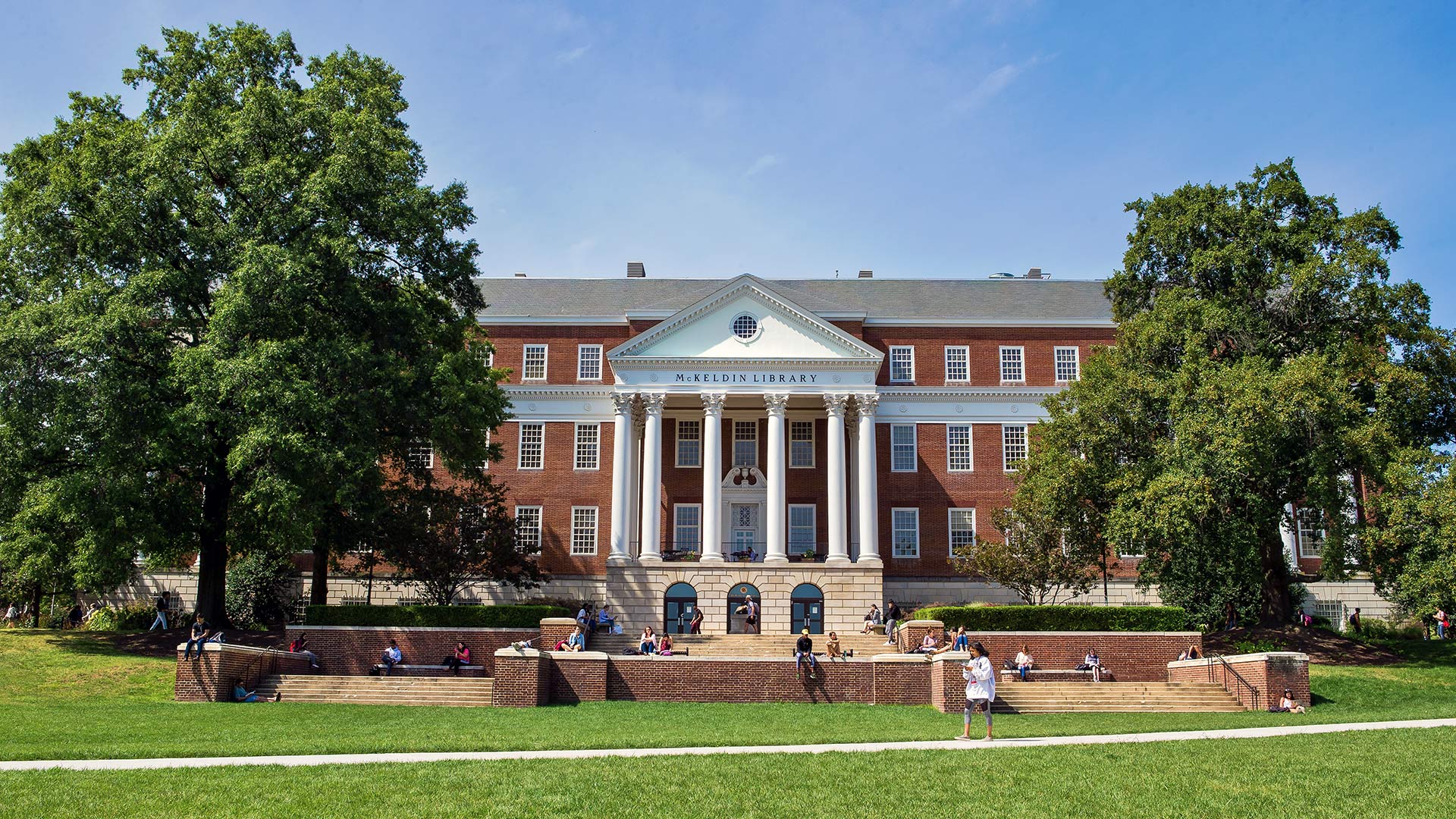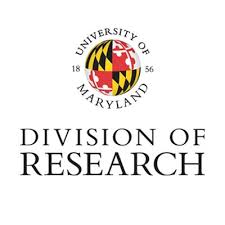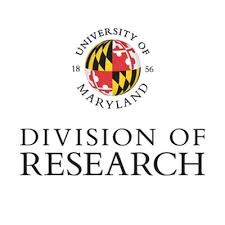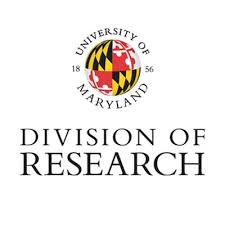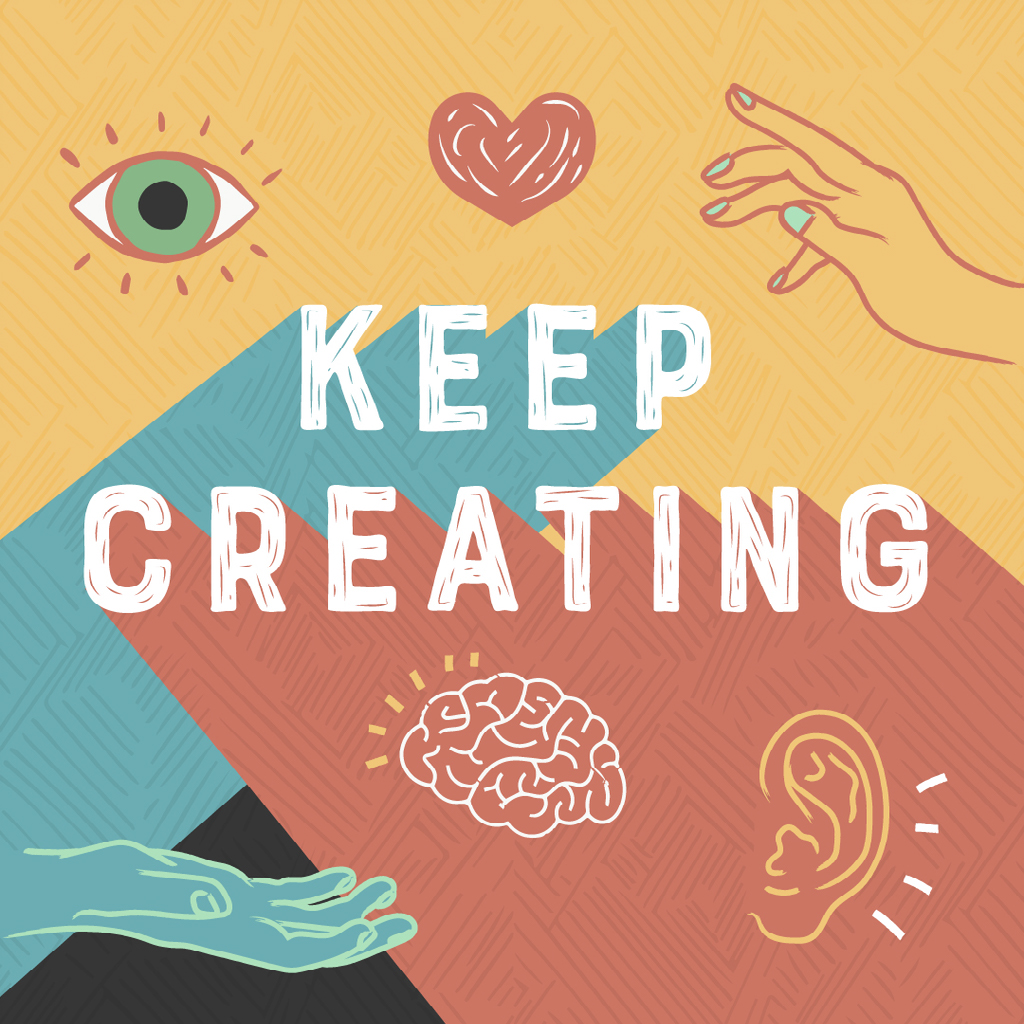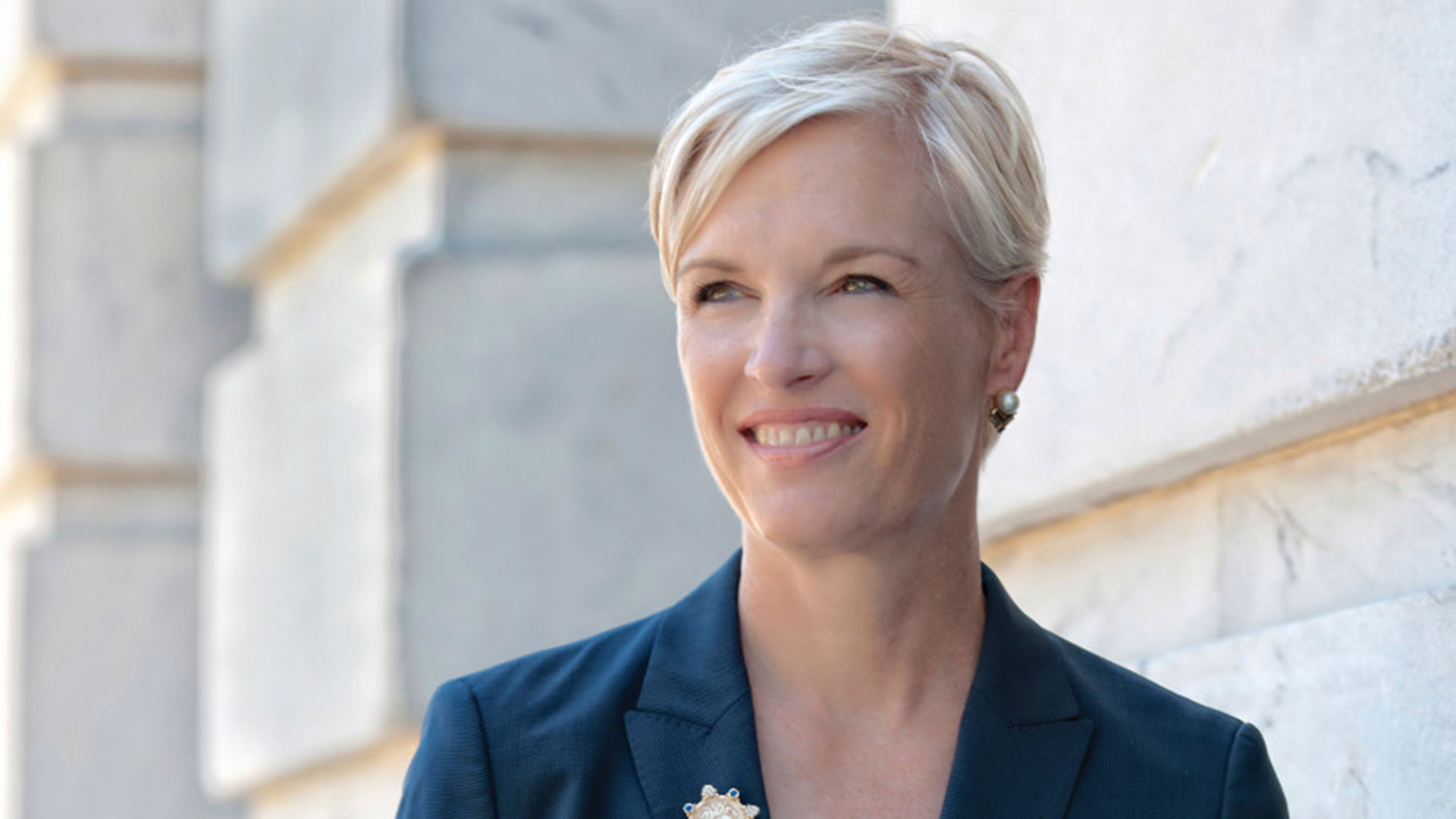By Jessica Weiss ’05
Three decades ago, Cecile Richards was raising a 2-year-old and working as a union organizer in California when she got a call from her mom, Ann. Cecile was needed back home in Texas, Ann said — to help her run for governor.
It wasn’t going to be easy. In ultraconservative Texas, the elder Richards was a feisty progressive, an unapologetic feminist and a divorced, recovering alcoholic. But Cecile didn’t bat an eye. She and her husband and daughter relocated to Texas and helped put together a grassroots coalition of volunteers and supporters. Cecile traversed the state, logging 16-hour days, even when she became pregnant with twins. And on Nov. 7, 1990, Ann Richards narrowly won her race, becoming the second woman ever to serve as governor of the state.
If Ann could do it, Cecile knows other women can, too. Last year, Cecile stepped down from her role as president of the Planned Parenthood Federation of America and the Planned Parenthood Action Fund, a position she had held for 12 years. She teamed up with two of the country’s leading women organizers — Ai-jen Poo, who heads the National Domestic Workers Alliance, and Alicia Garza, a co-founder of the Black Lives Matter movement — to launch Supermajority, a group working to train and mobilize women as organizers, activists and leaders in advance of the 2020 elections.
She’s also coming off the 2018 publication of her memoir “Make Trouble,” which recounts her life as an activist, beginning with her refusal at age 11 to recite the Lord’s Prayer with the rest of the class. Beyond personal anecdotes, the book also lays out a blueprint for anyone seeking to get involved and make change.
Cecile Richards will be at The Clarice Smith Performing Arts Center tomorrow as part of the 2019–20 Arts and Humanities Dean’s Lecture Series. She spoke to us ahead of her talk about growing up with a troublemaking mom, her current organizing and her love for the arts.
What was it like growing up with Ann Richards as your mom? Were you aware that she was such a firebrand?
For most of my upbringing, I knew we were different. My parents were involved in the farmworker movement, the labor movement and the women’s movement. While other families were bowling, we were sorting precinct lists at the dinner table. But Mom was also always involved in the PTA, baking cupcakes for the birthday party or running the school auction.
She ran for county commissioner [in 1976]. There was no woman on the commissioner’s court when she decided to run. There were not that many women running for office in general. Certainly, women were involved — licking stamps for mailings and organizing precinct lists and recruiting volunteers and running phone banks. But that was where it stopped. And she won her race. That was the first time I ever saw Mom as something other than my mother.
We tend to associate troublemaking with something bad, with doing harm. But you explain it as taking on the powers that be and standing up to injustice.
You can’t make change without making some trouble. The idea of making good trouble is seeing something that’s wrong or that could be better and doing something about it. It’s realizing that if you don’t, maybe no one else will either. Maybe it’s attending a march or going to a town hall meeting. Maybe it’s fighting back some other way.
I ran into a young woman at the March for Our Lives. She was a junior high student, and she had walked out of her class alone to protest gun violence. One of her friends eventually came out and they were both suspended. When they went back to school, her friends that hadn’t walked out said, “The next time you go out, I’m going with you.” Now she is a troublemaker. She lit a spark. If you do it, I can guarantee you other people will join you. That’s how change is made.
What do you tell people who want to get involved in activism but don’t know how or what to do?
The most important thing is getting started. It doesn’t matter if it’s the best way. What matters is to not be paralyzed by the anxiety that what you do may not be perfect. Sometimes you just have to jump in. March. Register voters. Volunteer. One of the things my mom always used to say is: “Why not?” What’s the worst thing that could happen? Perhaps the worst thing is you work on a campaign, meet a ton of people, have an incredible experience and learn skills that you can use somewhere else.
I think that we have to get out of this feeling that we have to wait until we have all the right degrees and all the answers, or until our kids are grown or until we have kids, or until we get another promotion. Stop it. Just start now. If each of us does more than we’re doing now, we’re going to change the country.
Supermajority is a multigenerational, multiracial coalition. Why do you think it is important to organize alongside people who are different than you?
One of the most joyful parts of the last year for me has not only been getting to go around the country and listen to women, but it also has been meeting new people. One of my new friends is Alicia Garza, one of the women who started Black Lives Matter. She and I have traveled the country listening to women and training women, and I’ve learned so much from her — her life’s experience, the way she approaches issues, how she thinks about organizing and how she thinks about building power with other women.
There has never been a better time to jump in, sit in rooms with people you don’t know, expand your circle and begin to look for the common threads, because they’re out there everywhere. We’re living in a time when we’re told the country is more divided than ever. It’s discouraging to look at politics. I think it’s when we actually stop, get out of our own bubbles, turn off the TV and sit in rooms with other people that we can begin to understand we have a shared humanity in this country and that we’re better than what we’re living through right now. Until we begin to have conversations with people who don’t live in the same circumstances we do, it’s hard to build empathy and to relate and build a movement.
You ascribe to the motto made famous by the activist Emma Goldman: “If I can’t dance, I don’t want to be part of your revolution.” Why do you value beauty and expression as part of your activism?
I think it’s really through literature, dance, music, theater and art that you widen your own view of the world. Growing up in Texas in a segregated city, it was only through the school librarian that I got to read Maya Angelou and “The Autobiography of Malcolm X” and things that exposed me to a part of the world I never would have known about. Now I sit on the board of the Ford Foundation, and one of the most exciting things the foundation has been doing is investing in artists who are women, who are people of color, who are gender-nonconforming ... people expressing art in a way that hasn’t always been seen by the public. To me, that is how we learn about people that are different than us. That’s the way we change our culture.
The Arts and Humanities Dean's Lecture Series featuring Cecile Richards will be held at 5:30 p.m. tomorrow in The Clarice’s Gildenhorn Recital Hall. Tickets are free and available here.

